Access to Food, Networking, and Good Health
By Ombeni Swai, Betty Mntambo, Mariam Genes
Farmers and urban residents have greatly benefited from urban and peri-urban agriculture (UPA). The most significant of these benefits is the contribution of UPA to food security in metropolitan centres. Farmers believe that their agricultural goods have increased the availability of food in their homes, surrounding towns, and cities. Further, producing food within cities has decreased the cost of living, particularly the transportation costs for food from other regions and nations.
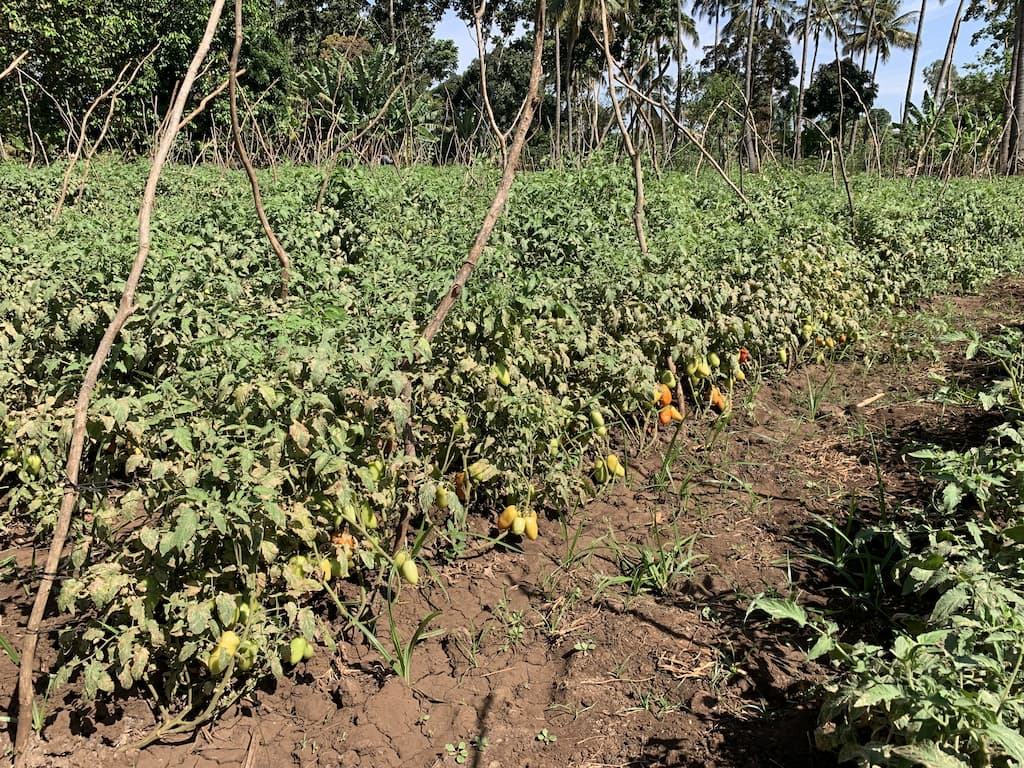
A farmers tomato vegetable garden in Morogoro.
Credits : Maria J.Millinga
Farmers assert that UPA has supported them in diversifying into non-farm enterprises in order to boost their revenue. For example, one farmer in Morogoro was able to set up a mini service station for repairing car tires using their agricultural income savings. Their standard of living has improved, as farmers can now build their own houses, send their children to school, and take vacations.
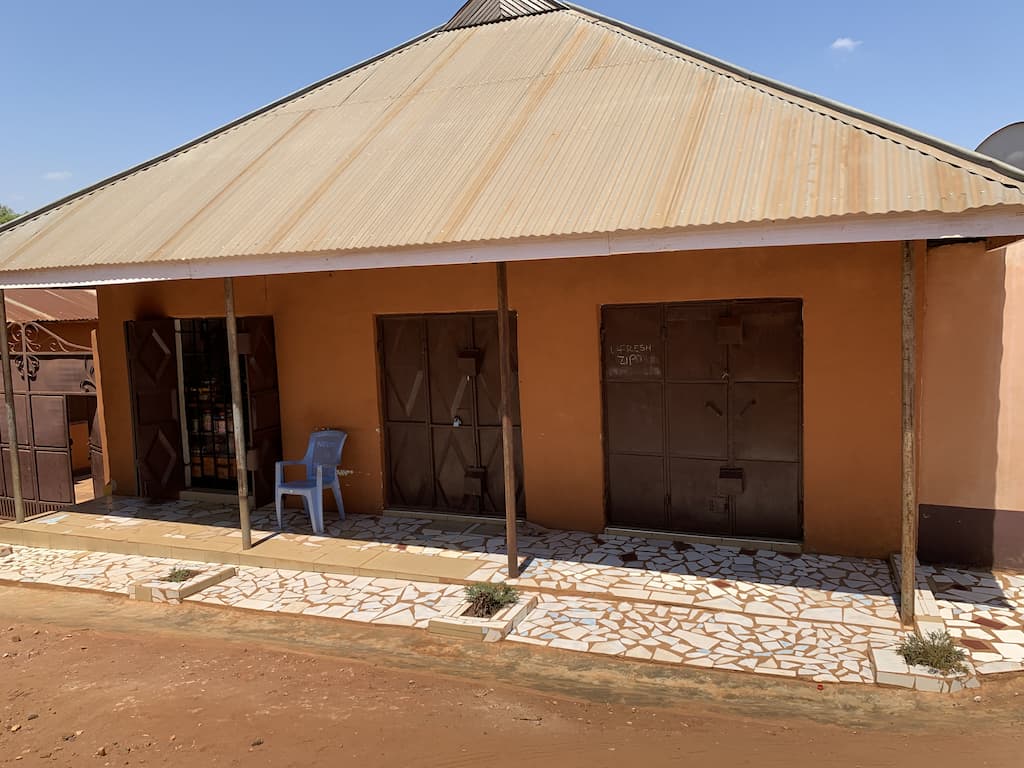
A Vegetables farmers shop constructed due to farming profits.
Credits : Emmanuel Nsekela
“ Urban and peri-urban agriculture has contributed significantly to the improvement of my livelihood by enabling me to build my own house and expand my mechanical repair shop. ”
UPA also benefits other members of society by creating opportunities for casual labourers; irrigation, planting, milking cows, spraying pesticides, and harvesting are just a few of the labourers' responsibilities. With such employment prospects, they can provide for their families and lead a decent livelihood. Farmers practising UPA also provide employment opportunities for middlemen and hawkers. The middlemen buy from farmers and sell at high rates in the market, whereas the latter buy agricultural items from farmers and street hawkers.
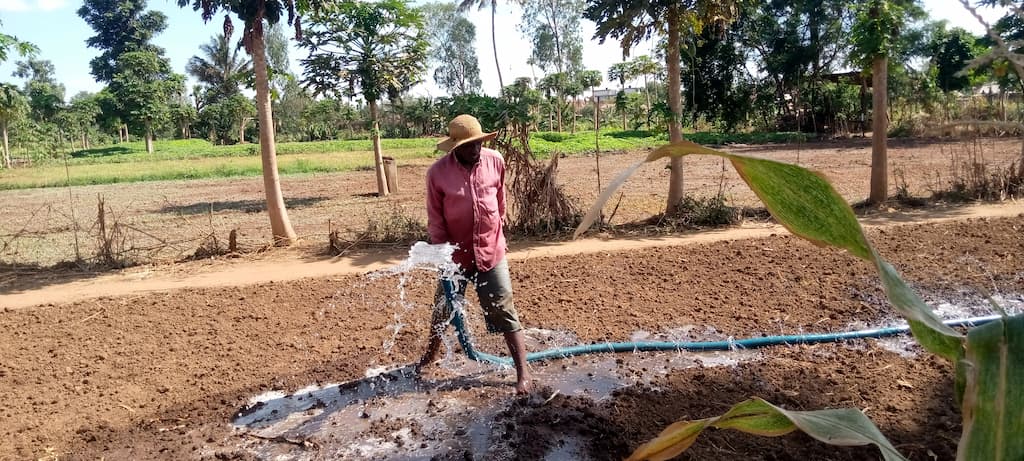
Furthermore, farmers maintain good relations among themselves. They often share agricultural expertise and refer customers to other farmers if their products are insufficient or unavailable at the time.
“ I usually connect customers to other farmers in case I don’t have the required products and the same applies to the other farmers when they encounter a similar situation. Though we all produce the same products, this has helped us maintain and improve our relations. ”
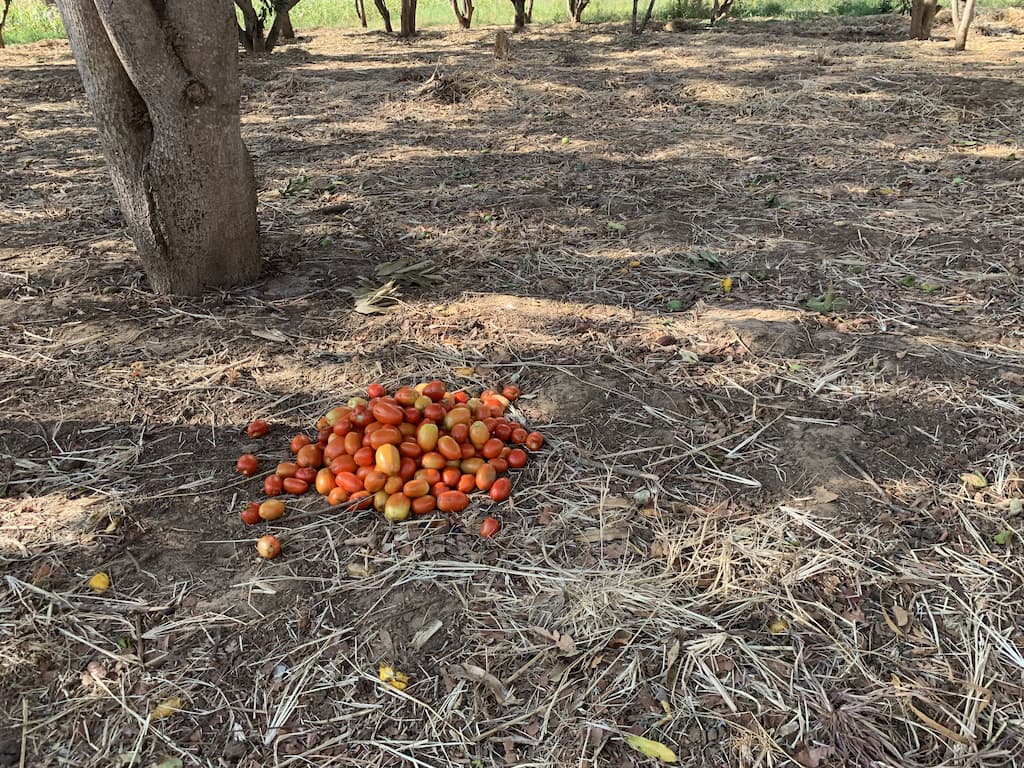
Tomato harvested from the vegetable garden.
Credits : Emmanuel Nsekela
Aside from promoting relationships, UPA has allowed farmers to forge connections with a variety of people. Due to the proximity of these farms to urban areas, people from other regions make frequent visits to obtain products, information, and practical experience regarding UPA. This has not only widened farmers’ networks, but also their knowledge of topics like environmental management.
“ Being committed to my UPA activities has made me known from the sub-ward level to the municipal level. Through this, I have received people from different organisations and institutes with different interests to learn at my farm. This has helped me increase my network and knowledge of different people. ”
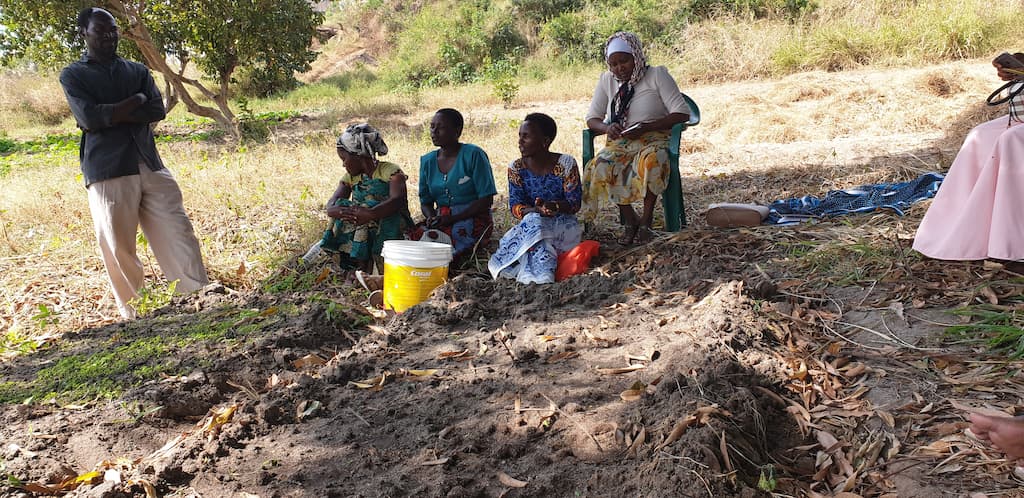
Farmers sharing experiences on various issues regarding their practices.
Credits : Ombeni Swai
Although UPA is the main source of income within their household, all the farmers said that they are the main decision-makers in UPA activities. These decisions are then communicated to their family members
“ I am the sole owner of a farm. All four of my family members believe that I can make all the right decisions for the farm. But being part of a family, I normally inform them of the decisions I make, especially my husband. ”
Above all, UPA has significantly contributed to their physical and emotional wellness. This is because they are usually on their farms completing various tasks even while personnel are present. Though most men and women involved in UPA are of healthy age, these activities keep them physically and mentally active, lowering chances of contracting noncommunicable diseases.